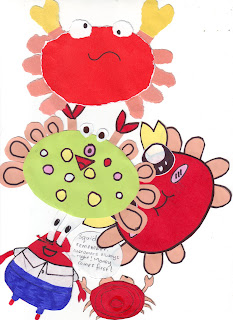
Art & Design
Biology
Chemistry
Civil & Diplomatic Services
Disability
Engineering
Economics
Event Management
Forensic Science
Financial Services
Gap Year
Geography
History
Finance for Higher Education
Law
Languages
Media
Maths & Statistics
Medicine, Dentistry & Healthcare
Multimedia
Performing Arts
Physics
Successful Interviews
Study Abroad
Sport
Teaching
Working with animals
Working with a charity
Working in the EU































